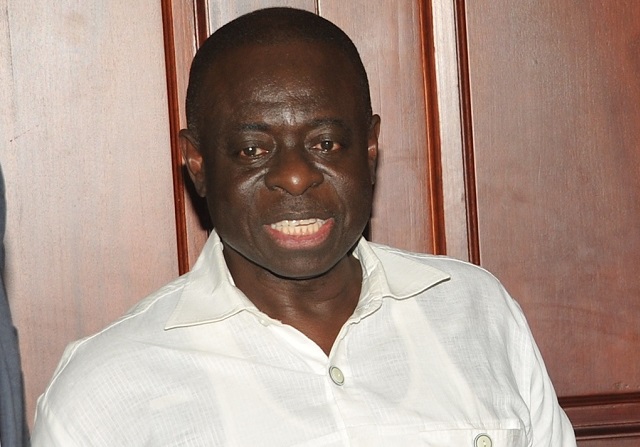
Prof Gyimah Boadi decries 'winner knows all' governance
Former Executive Director of the Center of Democratic Development (CDD), Prof Emmanuel Gyimah Boadi, has said governance in Ghana is continuously failing the test of true democracy.
According to him, governance is worsening from the popular description, ‘winner takes all’ to an even damaging ‘winner knows all’.
The 'winner takes all' all description refers to failing in democratic dispensations in which the party that wins the Presidency and most votes at the legislature dominates every aspect of governance and sidelines the minority parties.
Speaking on Thursday at the 14th "Kronti ne Akwamu" lecture organised by the CDD, Prof Gyimah Boadi said Ghana's 25-year-old democracy has been dominated by many instances in which the governing party fails to incorporate the ideas of opposition parties and civil society before implementing policies.
“We should also examine the implications of the evolving practice of the winning party taking over policies and proposals from its election manifesto, for example, free SHS or three-year SHS or one-time National Health Insurance premium straight to implementation by executive fiat without passing them through a legislative fiat or a subsidiary legislative process, something that would have allowed for broader and diverse civil society and even Parliamentary input.
“So are we now moving towards ‘winner knows all’ as if the ‘winner takes all’ politics wasn’t bad enough?
The Executive Director of the Afrobarometer Network also noted if Ghana is to meaningfully sustain inclusive economic and social development, the size of the national cake must be expanded but not carelessly handled.
“As we increase the size of the national cake we must stop sharing it like ‘kelewele’ among a few. We must curb the rapid increase in the rise of politicians who may be described as political entrepreneurs or what Malawian vice president calls “tenderpreneurs’.
“They hijack the economic and social dividends that flow from democratic governance,” he added.
Prof Gyimah-Boadi said the experience of China and other Asian countries indicate that the obvious most important task is to increase the national cake and accelerate the rate of economic growth.
This he noted is because economic growth alone does not automatically generate inclusion or reduce inequality, but keeping it meaningfully distributed means certain stringent measures must be taken.
This year’s lecture was held on the theme "Making Democracy Work for the People: Reflections on Ghana's 25-year journey towards democratic development.
Credit: Myjoyonline.com
